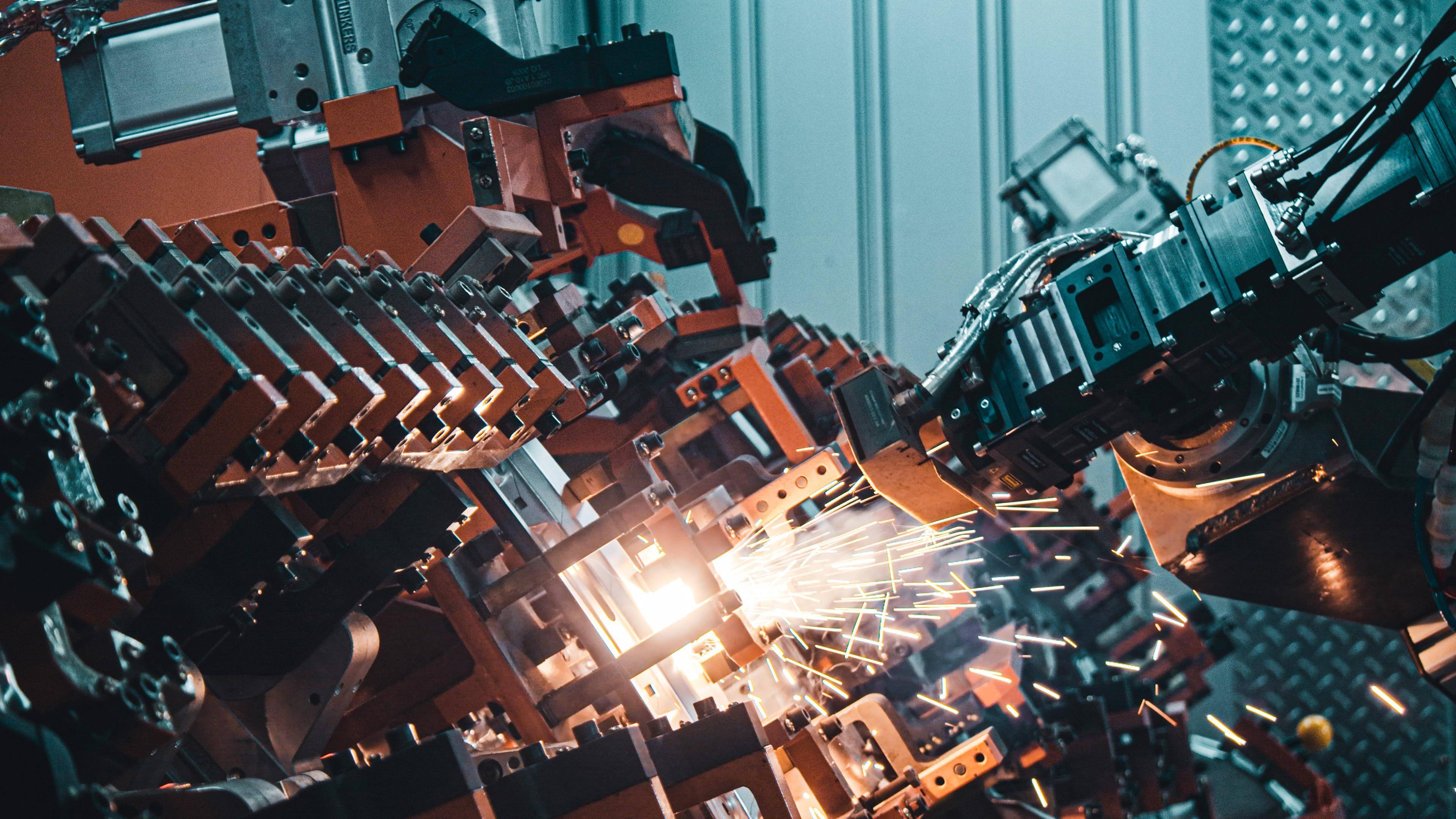Intelligent Design: The Profound Influence of AI on Sheet Metal Processing+ View more
Intelligent Design: The Profound Influence of AI on Sheet Metal Processing
+ View more
Date:2023-12-16 10:55
Introduction
The convergence of Artificial Intelligence (AI) and sheet metal processing has heralded a new era of intelligent design and manufacturing. In recent years, AI has emerged as a transformative force, revolutionizing every facet of the sheet metal industry. This article navigates through the pivotal role of AI in sheet metal processing, exploring its impact on design, fabrication, quality control, and the promising trajectory it sets for the future of manufacturing.
The convergence of Artificial Intelligence (AI) and sheet metal processing has heralded a new era of intelligent design and manufacturing. In recent years, AI has emerged as a transformative force, revolutionizing every facet of the sheet metal industry. This article navigates through the pivotal role of AI in sheet metal processing, exploring its impact on design, fabrication, quality control, and the promising trajectory it sets for the future of manufacturing.

AI-Powered Design Optimization
AI algorithms have revolutionized the design phase of sheet metal components. Through generative design techniques, AI analyzes vast datasets and formulates optimized designs that fulfill structural requirements while minimizing material usage. This not only enhances efficiency in sheet metal processing but also unlocks innovative geometries and configurations that were previously unexplored, thereby pushing the boundaries of design possibilities.
Predictive Modeling and Simulation
The integration of AI-powered predictive modelling and simulation tools has significantly augmented the efficiency of sheet metal processing. These systems accurately forecast material behavior, simulate forming processes, and predict potential defects or distortions in the final product. Such predictive capabilities enable preemptive adjustments, ensuring precision and minimizing production downtime due to unexpected issues.
AI-Infused Manufacturing Processes
AI-driven robotics and automation have redefined manufacturing processes in sheet metal fabrication. Collaborative robots equipped with AI algorithms adeptly handle intricate bending, welding, and cutting tasks with unparalleled precision. Adaptive control systems enable real-time adjustments, optimizing parameters for varying sheet metal properties and ensuring consistent quality across production runs.
Quality Control and Inspection
AI-powered quality control mechanisms have become indispensable in sheet metal processing. Machine learning algorithms, coupled with advanced sensing technologies, meticulously inspect sheet metal components for defects, deviations, and dimensional accuracy. This real-time quality assurance not only minimizes errors but also enhances the overall reliability of the manufacturing process.
Data-Driven Decision Making
The wealth of data generated in sheet metal processing operations is harnessed through AI-driven analytics. These analytics extract actionable insights, aiding in process optimization, predictive maintenance, and supply chain management. By leveraging historical data and real-time information, manufacturers make informed decisions to streamline operations and enhance productivity.

Ethical and Regulatory Considerations
As AI becomes deeply ingrained in sheet metal processing, ethical considerations around data privacy, algorithmic bias, and regulatory compliance come to the forefront. Manufacturers must navigate these challenges by implementing transparent and accountable AI systems while adhering to evolving regulatory frameworks to ensure the responsible use of AI technologies.
Future Trajectory and Conclusion
The symbiotic relationship between AI and sheet metal processing is poised for further growth and innovation. As AI algorithms evolve, integrating with emerging technologies like the Internet of Things (IoT) and augmented reality, the future promises enhanced connectivity, real-time adaptability, and greater efficiency in sheet metal fabrication. In conclusion, AI's profound impact on sheet metal processing transcends conventional boundaries, fostering a future where intelligent design and manufacturing converge to redefine industry standards.
Share to:
Recommend wonderful blog posts

